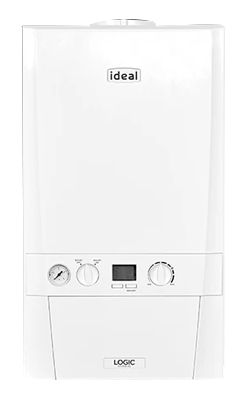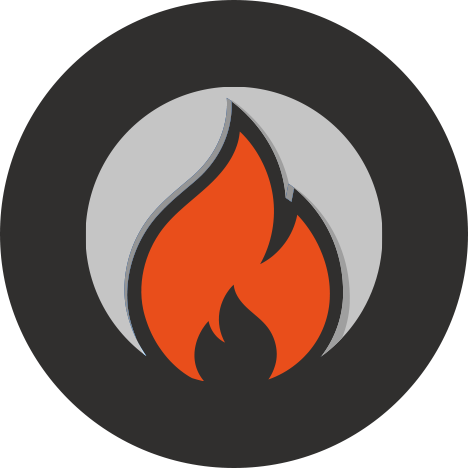Central Heating Installed and Upgraded
Central heating is crucial for comfortable living in the UK, especially during the winter months. It enhances your home’s warmth and value. Central heating systems come in various forms, each with its own set of considerations. If you are considering installing a full central heating system or want to upgrade some elements of your current heating, you can trust Sasta Gas to provide what you need.
We offer the latest combi-boiler, system boiler and regular boiler heating systems. We analyse your requirements by understanding your usage and suggest the right heating system to meet your needs. From installing a new boiler to adding radiators or towel warmers, we cover it all. Our team of Gas Safe registered engineers has the experience and qualifications to safely install everything you require.
Central Heating Installed
and Upgraded
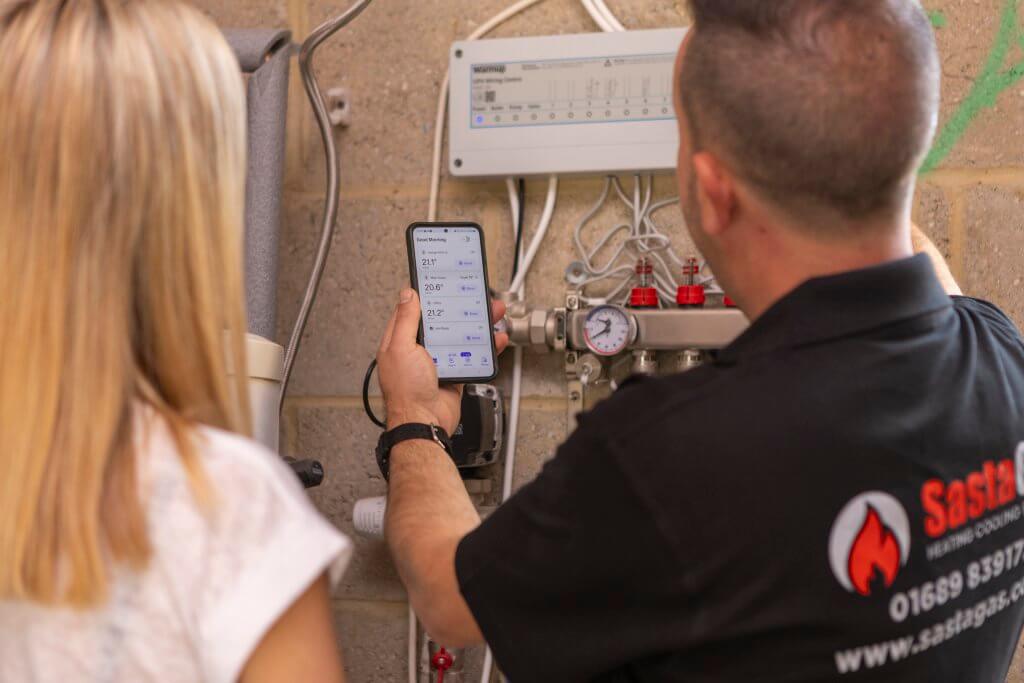
Here’s what you can expect:
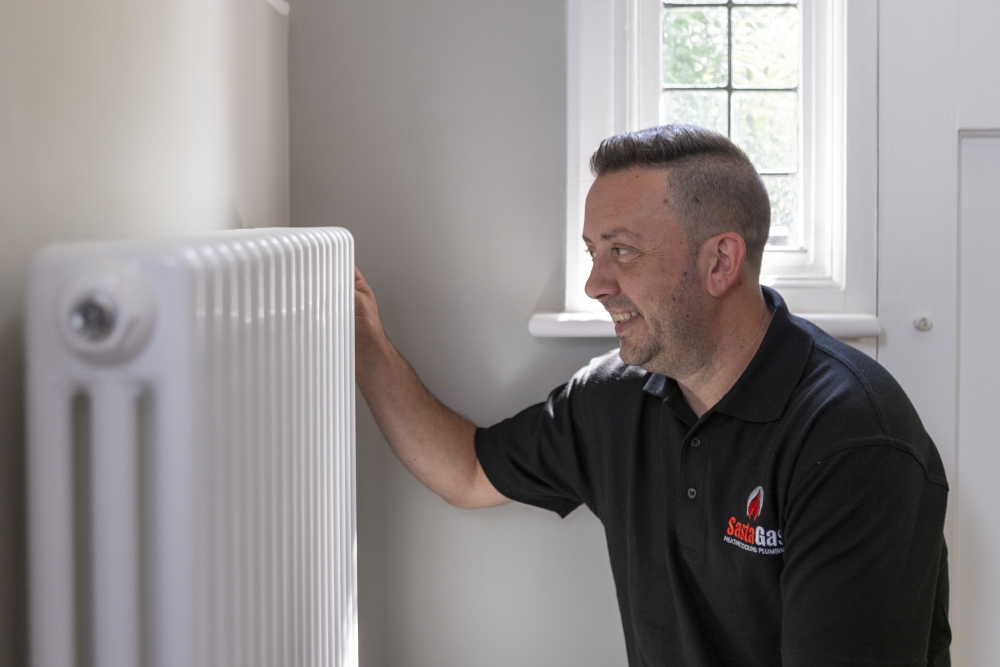
Different Central Heating Systems
There are different types of heating systems, and the best one for your home often depends on your property’s size, your budget, and your personal preferences.
You have a choice of three different types of central heating boilers: combi (combination) boilers, system boilers, and regular boilers (also known as conventional or heat only). The boiler you need will depend on your property’s size, age and location, as well as your demand for central heating and hot water.
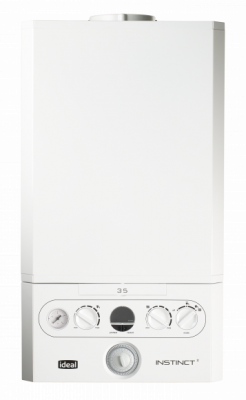
Advantages of a combi boiler
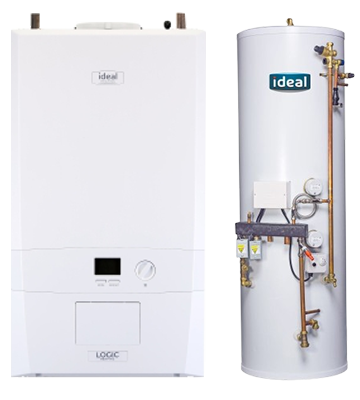
Advantages of a system boilers
